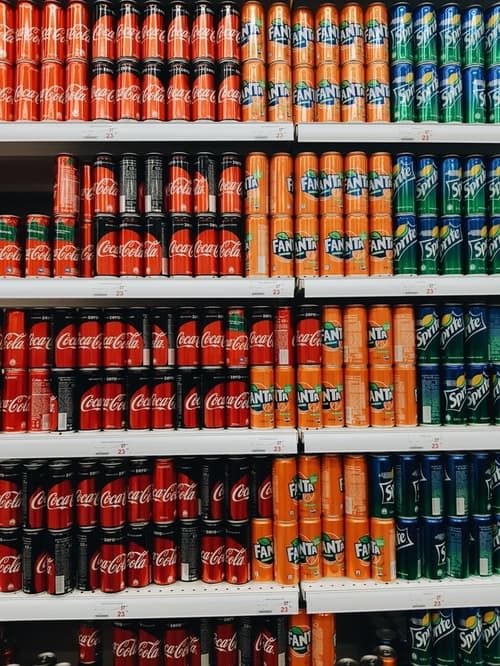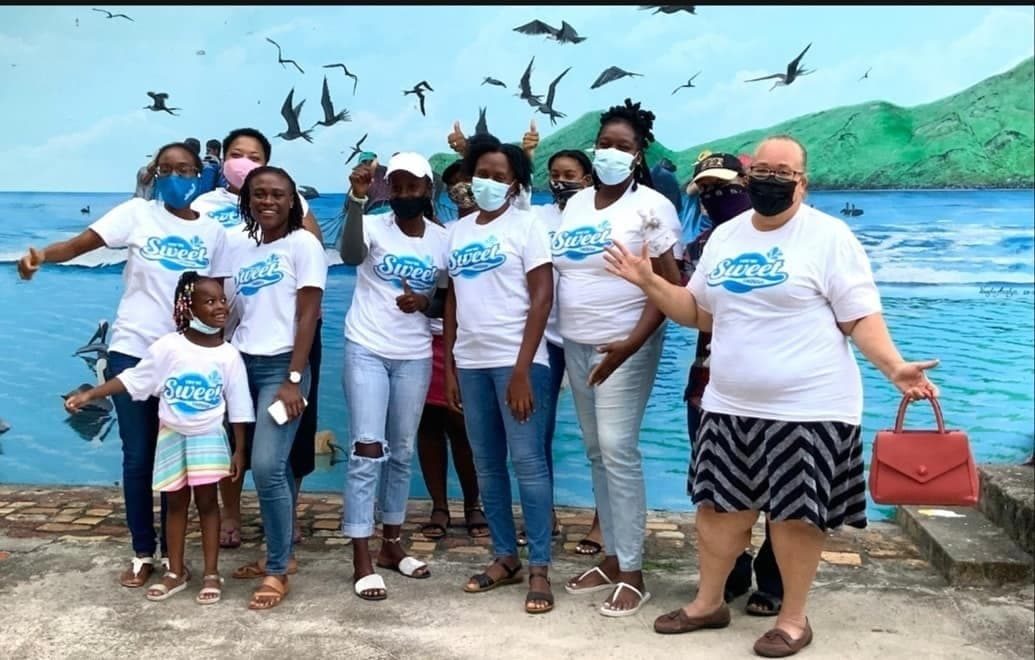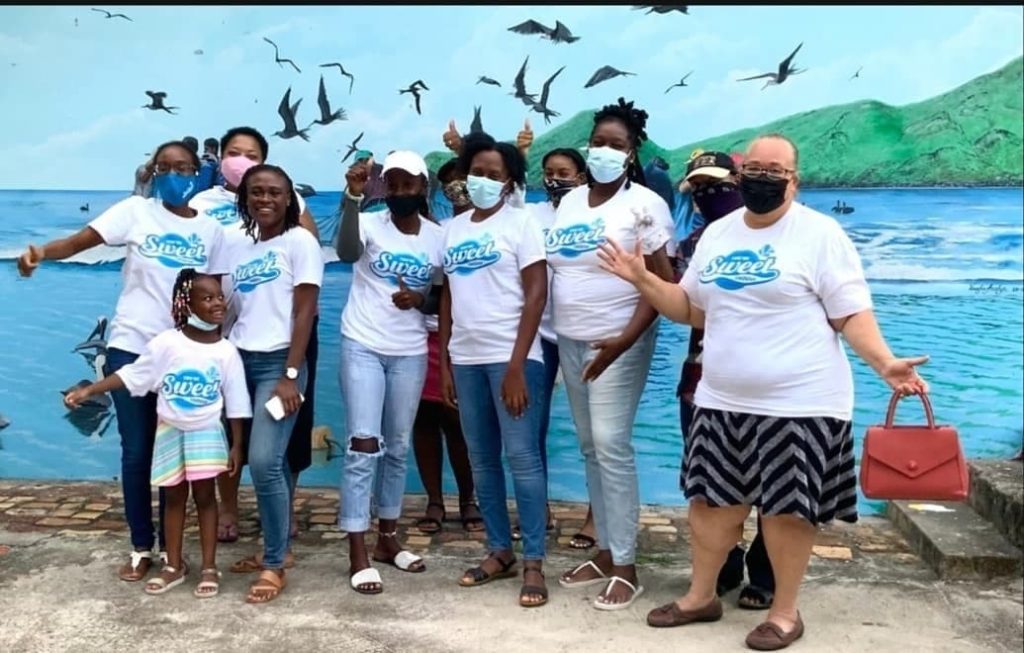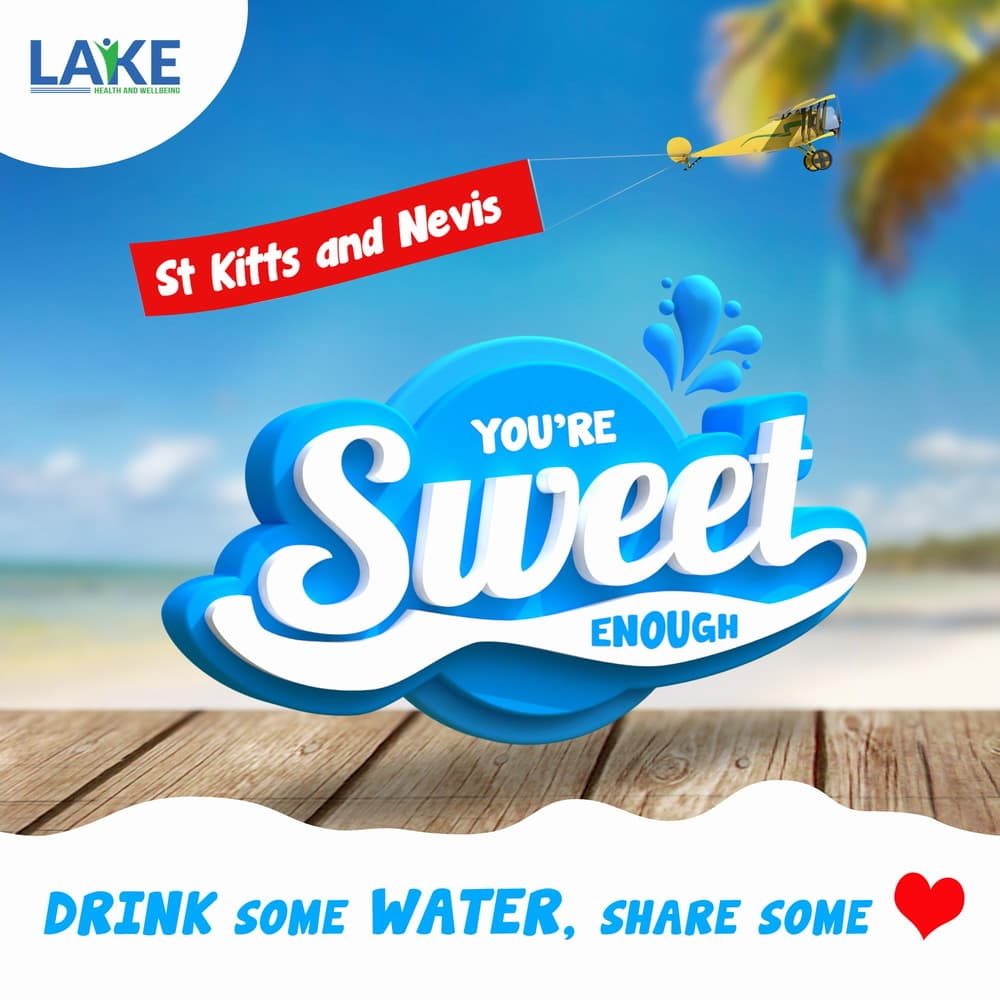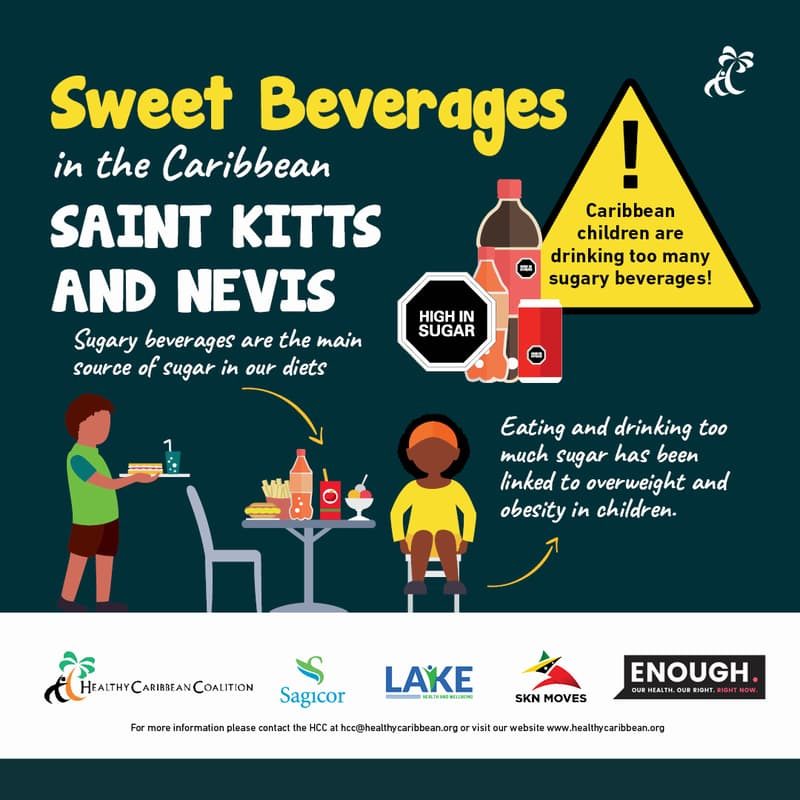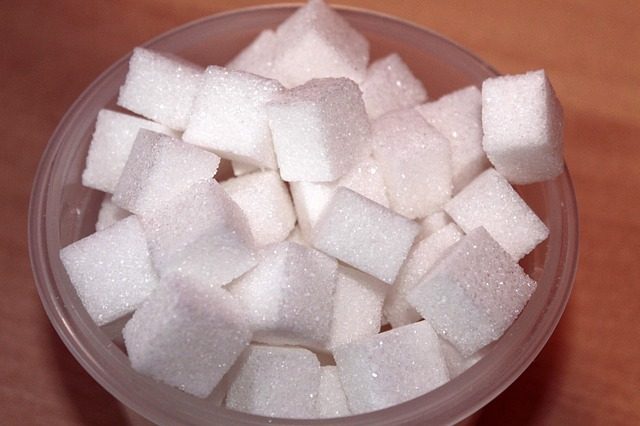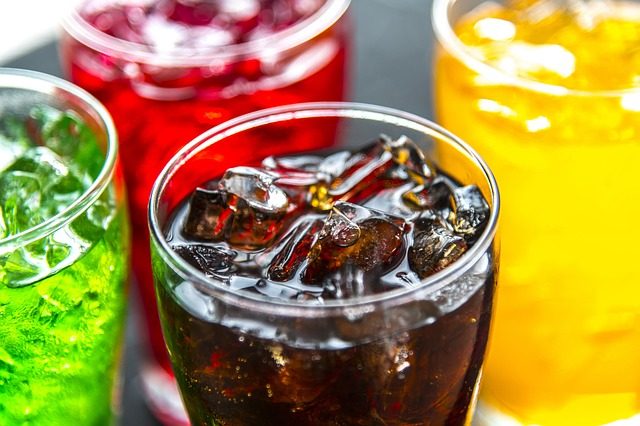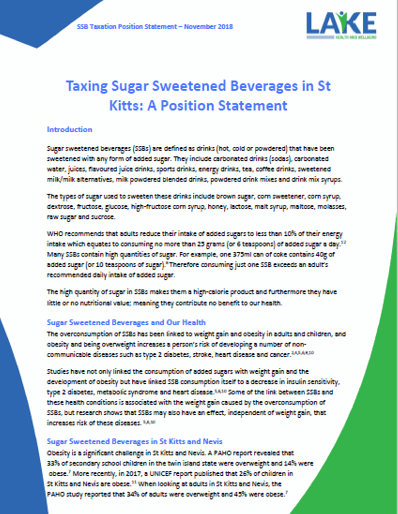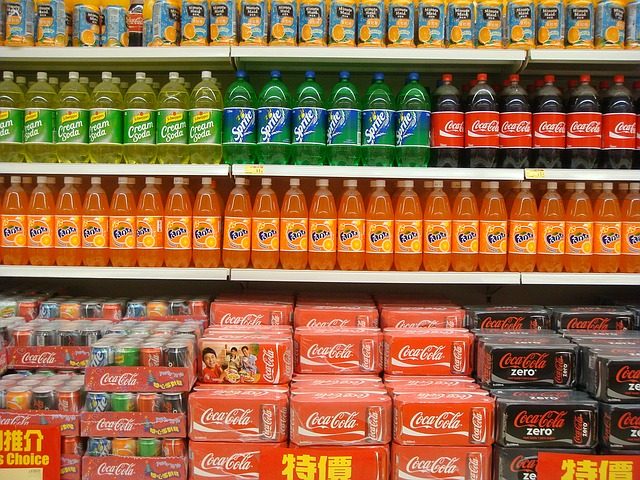The Impact of Sweetened Drinks
In April 2022, the Healthy Caribbean Coalition hosted an excellent symposium on food policy in the Caribbean and during this event we were delighted to hear about work conducted in Trinidad and Tobago to evaluate the link between sugar-sweetened beverages (SSBs) and the development of non-communicable diseases (NCDs). This work was part of a project conducted by the Institute for Clinical Effectiveness and Health Policy entitled “Empowering healthcare decision-makers to achieve regional needs in sugar-sweetened beverages policies in Latin America and the Caribbean: building a framework to evaluate the disease burden and the cost-effectiveness of available interventions; and estimating the disease burden in Argentina, Brazil, El Salvador and Trinidad and Tobago.”
As part of this project researchers aimed to determine the burden of disease that is attributable to the consumption of SSBs and also the cost of the illnesses that are related to SSBs.
The team behind this project have very helpfully put together an infographic to share their findings and this can be downloaded from their website here, but in summary, here are some of the key findings:
The Impact of SSBs on the Health of Persons in Trinidad and Tobago
Their study found that in Trinidad and Tobago, the overconsumption of SSB is linked to 15,000 cases of
overweight and obesity in adults and 11,700 cases in children and adolescents as well as 44,100 cases of diabetes, 2000 cardiac disease cases and 1500 renal failure cases.
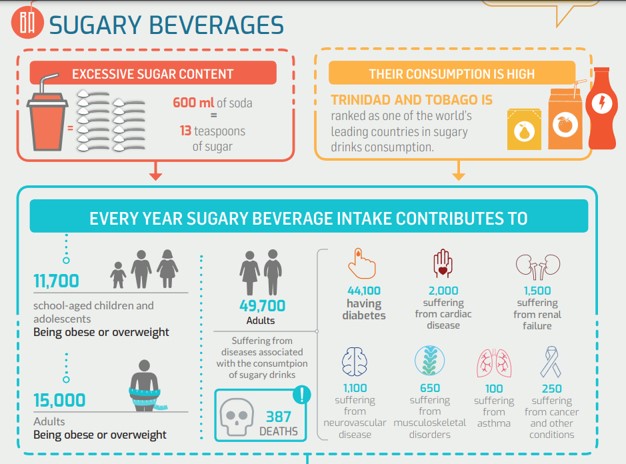
The Economic Impact of SSBs
The study also determined that Trinidad and Tobago spends 156 million TT Dollars per year to treat diseases associated with excessive consumption of SSBs.
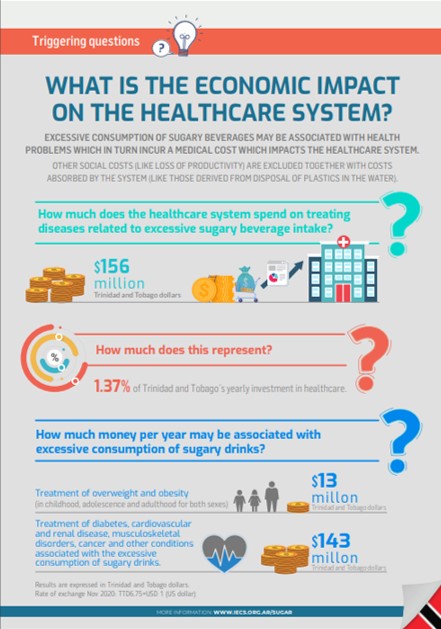

Conclusion
This work is very significant as it adds to the growing evidence highlighting the negative impact that SSBs have on the health of the public. This work is useful in that it quantifies both the health and economic impact of SSBs and thus gives policymakers an idea of the magnitude of the impact of SSBs and how many lives can be saved and improved if we can reduce SSB consumption.
Reference
Instituto de Efectividad Clínica y Sanitaria. The hidden side of sugary beverages in Trinidad and Tobago.
Alcaraz A, Gittens-Baynes K, La Foucade A, Balan D, Perelli L, Cairoli F, Beharry V, Gabriel S, Laptiste C, Espinola N, Palacios A, Comolli M, Augustovski F, Bardach A, Metivier C, Pichon-Riviere A. Dec 2020, Buenos Aires, Argentina.
Available at: www.iecs.org.ar/sugar and https://sta.uwi.edu/fss/heu/fiscal-policy-taxation-sin-taxes







